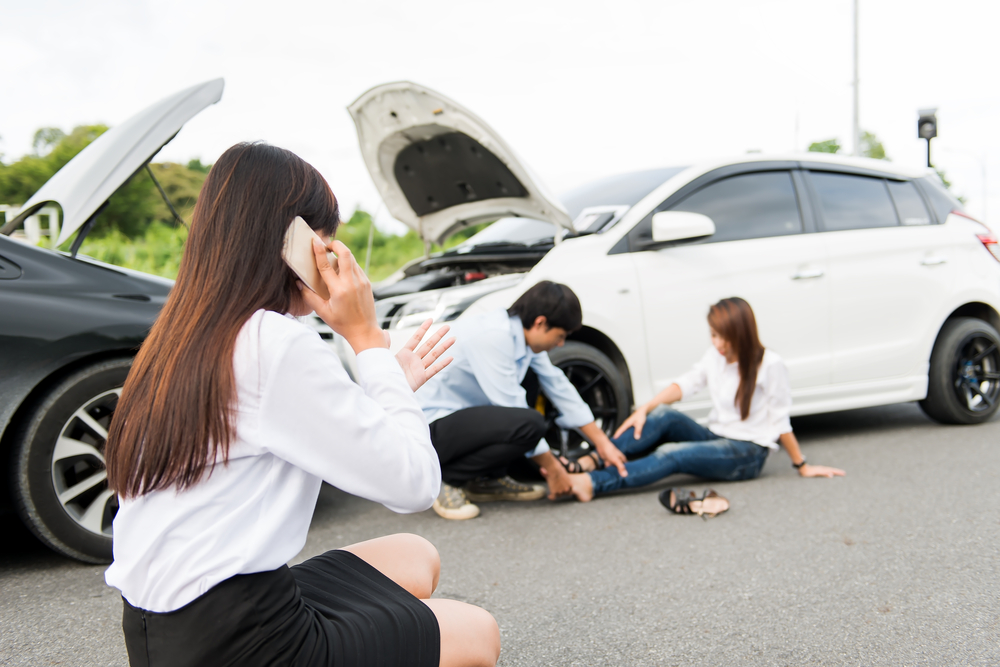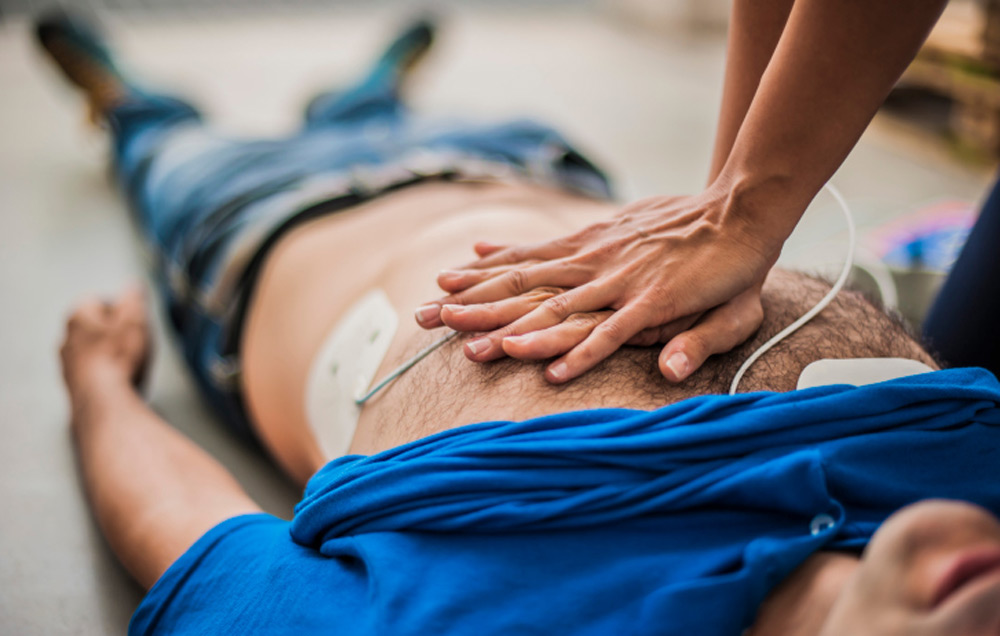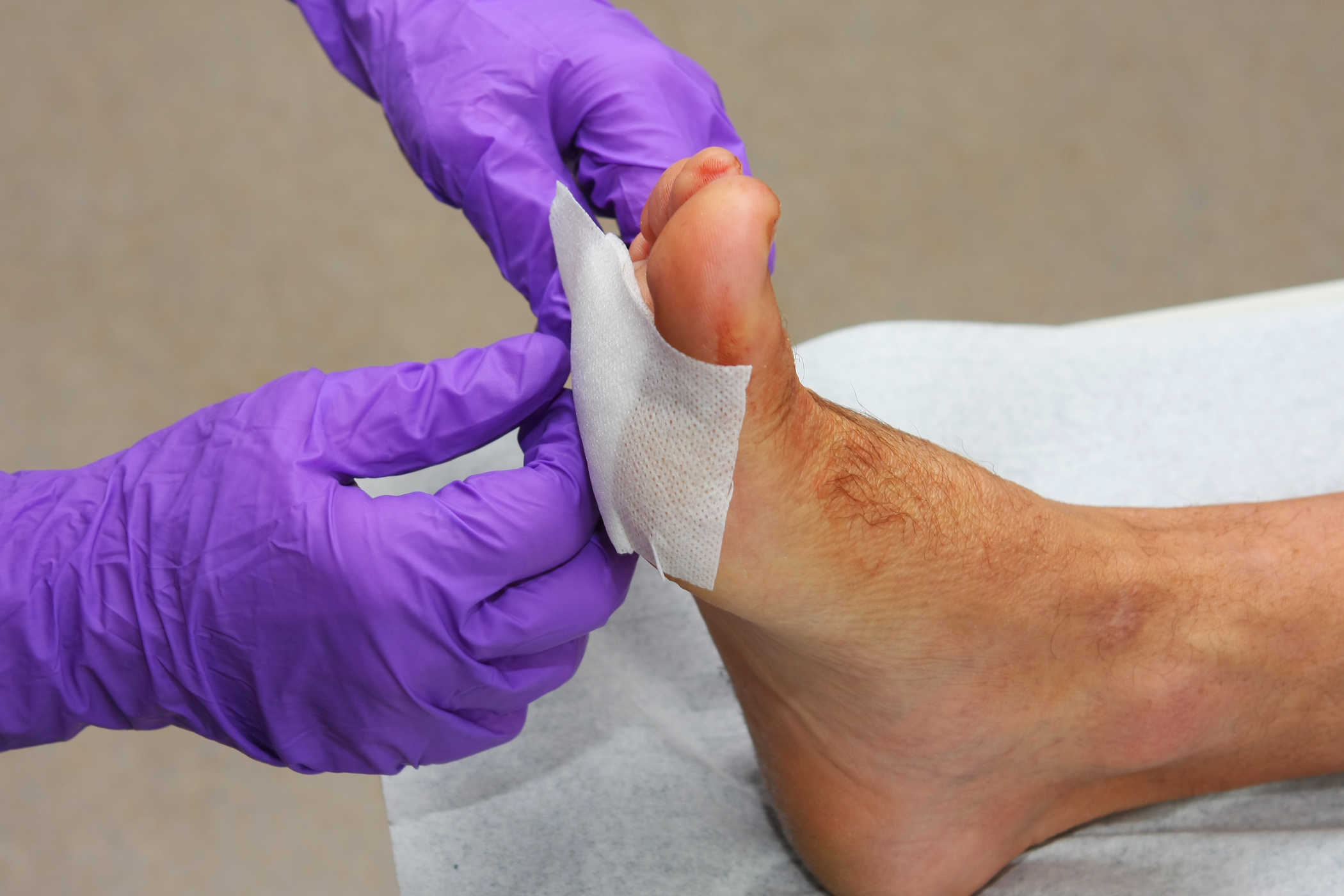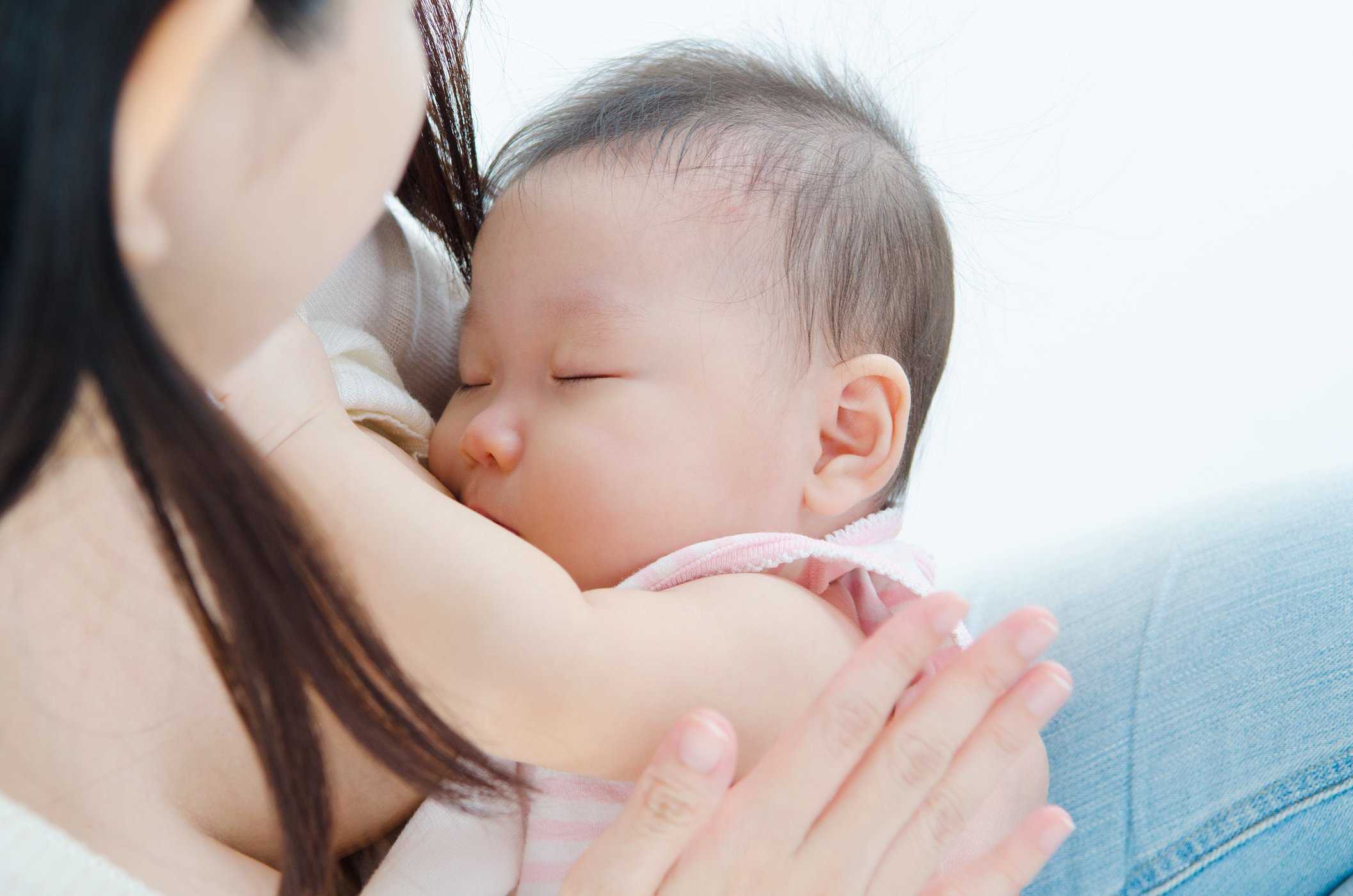Contents:
- Medical Video: 10 Easy Ways to Handle an Emergency Situation
- Get to know bystander effect, when you are not responsive in an emergency situation
- Causes of people being unresponsive in an emergency situation
- How can we be more responsive in an emergency situation?
Medical Video: 10 Easy Ways to Handle an Emergency Situation
If you witness an emergency (such as an accident or robbery) that happens right before your eyes, you may immediately run to the scene and help the victim. However, certainly not everyone will do the same. Some of them even just become spectators because they believe that someone else will help. This one insensitive attitude is known as bystander effect. What is that bystander effect and can it be avoided? Here's the full explanation.
Get to know bystander effect, when you are not responsive in an emergency situation
Bystander effect, known as the observer effect, is a term when someone chooses not to do anything and only becomes an audience rather than taking action. This is influenced by how many people are at the scene at that time. The more people there are, the more he will believe that someone other than himself will be moved to help. As a result, he did not need to bother to intervene directly.
In a study, the expert team found that the time someone needed to provide assistance depends on how many other people were around. A number of study participants were divided into three experimental conditions, namely alone in a room, with two other participants, or with two examiners who pretended to be normal participants.
When participants sit down and fill out the questionnaire in the room, researchers try to present an emergency atmosphere by flowing smoke into the room. In participants who were alone, 75 percent reported the smoke to the researchers. While in the room where there were two other participants, only 38 percent reported smoke events.
In the last group, two testers in the room realized and ignored the smoke, causing only 10 percent of participants to report the smoke. Then it seems clear the difference is that the more the number of people around, then someone will be increasingly not responsive to emergency situations.
In a separate study, Latane and Rodin found that as many as 70 percent of people would help women in distress when they were the only witnesses. However, this number has declined and only 40 percent have left to help when there are others around them.
Causes of people being unresponsive in an emergency situation
There are two main factors that influence a person's attitude when in an emergency situation that needs help. First, the presence of others triggers the division of responsibility. Because there are others, you are not urged to take action immediately. You assume that everyone at the scene has the same portion of responsibility to help.
SecondYou refer to the reactions of others. If other people fail to help, you will assume that the emergency situation actually does not need a response. Or if someone sees a crowd and no one reacts, his body sends a signal that maybe the condition really doesn't need your help.
Some researchers consider this reasonable, especially if the situation is not possible to assist. You might be inclined to choose to help in an emergency situation if you:
- Get to know the victim
- Have experience or martial skills
- Have medical training experience
- Already making sure that person deserves help
How can we be more responsive in an emergency situation?
If you are faced with an emergency situation that requires action, understand the surrounding conditions and take immediate steps to help. Remember that other people are also likely to think like you, that is waiting for someone else to act. Therefore, it is better to immediately offer help or at least check the condition of people who need help.
What if you are in a position that needs help and is afraid that no one will help? One way you can do this is to choose only one person from many people in the crowd. Make eye contact and ask for help specifically for the person concerned. Thus, other people will find it harder to refuse your request, even invite other people to help you.
Not only is it beneficial for the person who is assisted, the helper actually also benefits that he is not aware of. Being noble by helping others can activate the part of the brain responsible for the sense of appreciation. In addition, this can also reduce brain activity associated with stress levels. As a result, stress levels will decrease with a more comfortable mood.













